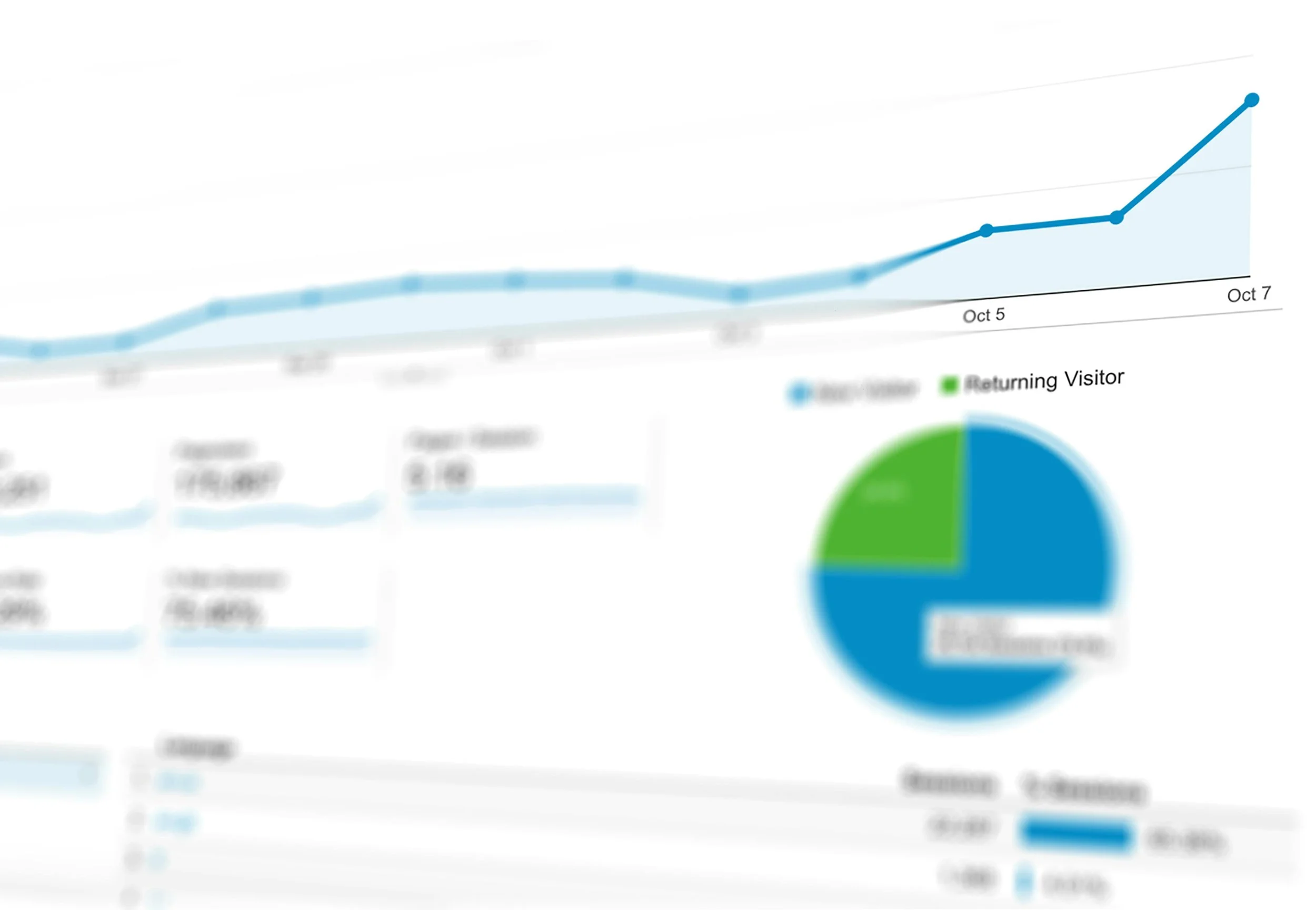The Value of Having your Customer’s Information
Want to create stronger and longer lasting relationships with your customers?
By Lenka Davis
The world shut down overnight in March of 2020 and nobody knew how long it would be. Would it be just the weekend? Or maybe one week? As time passed it became clear that the shutdown would take more time than anyone expected. And, all of a sudden business owners had to figure out how to serve their customers.
Most businesses are there to serve their customers. Both business to business (B2B) and business to consumer (B2C) type businesses can have hundreds of customers. You may vaguely know who they are because they follow you on social media, or frequent your location, or buy your products, but do you have access to the customer information?
What is the value of having your customers' information?
1. Customer Retention and Loyalty is in your control
Early in the pandemic I distinctly remember receiving an email from a restaurant group that I had frequented before. This email explained their new business offering since they were not able to open their restaurant for dine in. They were still making meals, but now they were set up to order meals online and have customers do curbside pickup. Without this email message from this restaurant, I would not have even thought about driving to a neighboring town to get dinner. Suddenly, for this business, having customer’s information, specifically their email addresses, was critical to keeping this business from laying off workers or closing their doors. It was no longer a nice-to-have, it became a need-to-have.
Having customer data allows a business to actually know who their individual customers are, rather than all the customer information being held onto by a social media app, for example. If something happens to the social media account such as access is lost to all your followers, then your ability to communicate with them is gone.
Directly communicating with your customers allows you to be in control of what information they get and when they get the messages. The right content at the right time will keep or improve your customer retention.
“Customer retention refers to the rate at which customers stay with a business in a given period of time.”
If you keep your customers coming back then it improves the chance that those customers will be loyal to you, and continue to use your products and services.
TIP: At a minimum collect customer emails, along with their names in a simple spreadsheet. Or use a free version of customer relationship management (CRM) software such as HubSpot.
2. Customer Support is personalized
Offering more personalized customer support is so much more effective to keep your customers satisfied. If you know what products they purchased or what services they use you can offer customized support to help solve their issues. And, customers don’t have to remember or look up the details of what type or version or purchase date, or any other information. You are able to offer them upgrades or other complimentary services that make sense based on what they already have.
3. Customization to what products customers might need next
Having your customer’s information, especially what they are using and how they are using it, can give you great insight into what other products and services you can offer. Talking or surveying your customers will also get you this information. Going to where your customer community hangs out, either on community boards, Reddit or other social media groups in combination with what you know allows you to “see around corners”.
“You talk about seeing around corners as an element of success. That’s what differentiates the good leader. Not many people have it. Not many people can predict that corner. That would be a characteristic of great leaders.”
You can build products that better fit your customer needs and your customers get solutions and services that address their business needs.
4. Data driven analytics and marketing
Following your customer on their customer journey and learning about the purchase process through data you collect allows you to send relevant marketing messages to your existing customer base. What products they are using, how they are using them, and when they purchase them gives you insight into your customers' lives.
Fun Fact
You can still be privacy-focused and offer users an enhanced experience. Apple is known for its privacy-focused pillars: Data Minimization, On-Device Processing, Transparency and Control, and Security, but how can a small business have best practices for their customer information? HubSpot, a customer relationship management (CRM) tool often used by small businesses, gives you security features designed to give you privacy and control of your data. If you are going to collect customer data you want the company that builds the app to help you protect it. This is one way your customers build trust with you and how you run your business.
Need help with your marketing efforts? Contact Us for a free 30-minute consultation.

